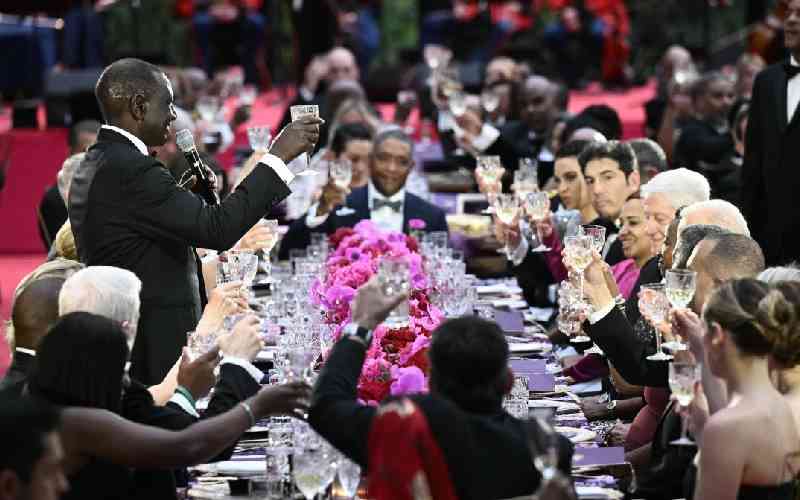
As expected, president Ruto showcased his oratory gifts once more at the global stage during his State visit to the United States this week. It is without a doubt that he is a gifted politician; probably an intriguing character and good actor in the world's geo-economic politics.
While there have been some insinuations by the Kenya Kwanza supporters that the president is the first Kenyan leader to be accorded such an honor, data from the office of the historian, department of state of the US indicates President Moi and Kibaki was accorded such honors.